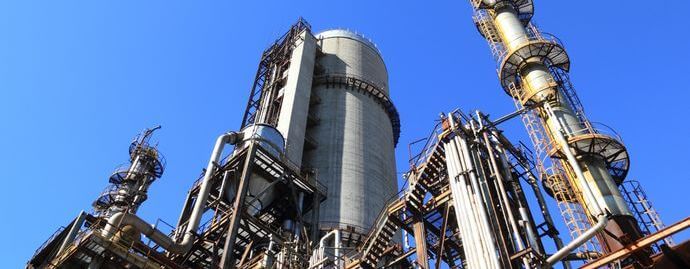Wholesale Gas Market & Natural Gas Prices in the UK

This article looks into and explains the UK’s wholesale market for natural gas and how wholesale gas prices have changed over the years.
The Wholesale Gas Market at a Glance
- Suppliers and shippers are the main actors on the wholesale gas market.
- Natural gas trade can be bilateral, over-the-counter or futures exchange.
- Prices have risen steadily since 2010 but have dropped sharply since early 2014.
How the wholesale gas market works
Here is a brief description of how the wholesale gas market operates.
Who trades on the Wholesale Gas Market?
Gas suppliers purchase natural gas on the wholesale market to supply it to their customers.
Gas shippers bring gas from terminals and storage into the system and sell it to suppliers.
Gas brokers and price monitoring agencies, who facilitate trade and provide price information.
The Wholesale Gas Market operating framework
Understanding the wholesale gas market in the UK requires briefly looking into the National Transmission System, the Network Code and the National Balancing Point.
The National Transmission System is the UK’s gas transmission system, operated by the National Grid. It links natural gas delivery points and storage sites to local distribution zones, where natural gas distribution networks take over.
The Network Code regulates third-party access to the pipeline grid to facilitate transparent natural gas trading and network balancing through a supply and demand mechanism. A set number of standard natural gas trading contracts were created, such as “within-day”, “day ahead”, “balance of week”, “weekend” and “working days next week”.
The National Balancing Point is crucial in managing supply and demand, i.e., matching natural gas wholesale trade with network capacity. The NBP is a virtual location through which most wholesale gas trades take place. Over-the-counter natural gas trades and Intercontinental Exchange (ICE) futures go through the NBP.
How is Gas traded on the Wholesale Market?
Natural gas is traded on the wholesale market in three main forms. Much of the natural gas traded in the UK is bought and sold far in advance of actual delivery - up to five years in advance. This requires suppliers to anticipate demand very precisely.
Bilateral contracts
Bilateral wholesale natural gas contracts are negotiated between a supplier and a shipper for large quantities of natural gas over long periods of time. Direct bilateral natural gas contracts are increasingly rare; their terms and conditions are becoming more and more standardised.
Over-the-counter trades
Over-the-counter (OTC) natural gas trades are the most common transactions on the UK wholesale market. Clips of natural gas (25,000 therms per day) are traded over specific periods (within-day, day-ahead, months, quarters, summers, winters, and annual). Although OTC transactions remain bilateral, they are standardised and transparent but remain unregulated and negotiated.
Exchange futures
Natural gas wholesale market exchange futures are regulated by the Financial Services Authority, standardised, cleared and anonymous. InterContinental Exchange (ICE) operates the UK gas futures market. However, natural gas exchange futures are rarely delivered, physically, though this is increasing steadily.
Wholesale Gas Prices UK
Natural Gas Prices included in your Gas Bills
Wholesale gas prices, with supply costs and supplier margins, make up over two-thirds (67%) of the average UK domestic gas bill. It is by far the highest component of customers’ final gas bills, considerably more than distribution and transmission charges, environmental charges or VAT.
Wholesale gas price forecast
The Department of Energy and Climate Change forecasted an overall drop in average NBP day-ahead prices (based on a 2013 report): by 2030, wholesale gas prices are expected:
- To fall by 31% in the DECC’s low estimate, i.e., if LNG is readily available, the EU economy does not pick up and competitiveness in the EU gas market increases considerably;
- To increase by 20% in the DECC’s central estimate, i.e., if the marginal costs of supplying gas to the UK increase as expected and EU/global gas markets do not become more competitive;
- To increase by 71% in the DECC’s high estimate, i.e., if natural gas is not readily available and EU gas markets are not competitive (e.g., increase in production costs or considerable demand from Asia).